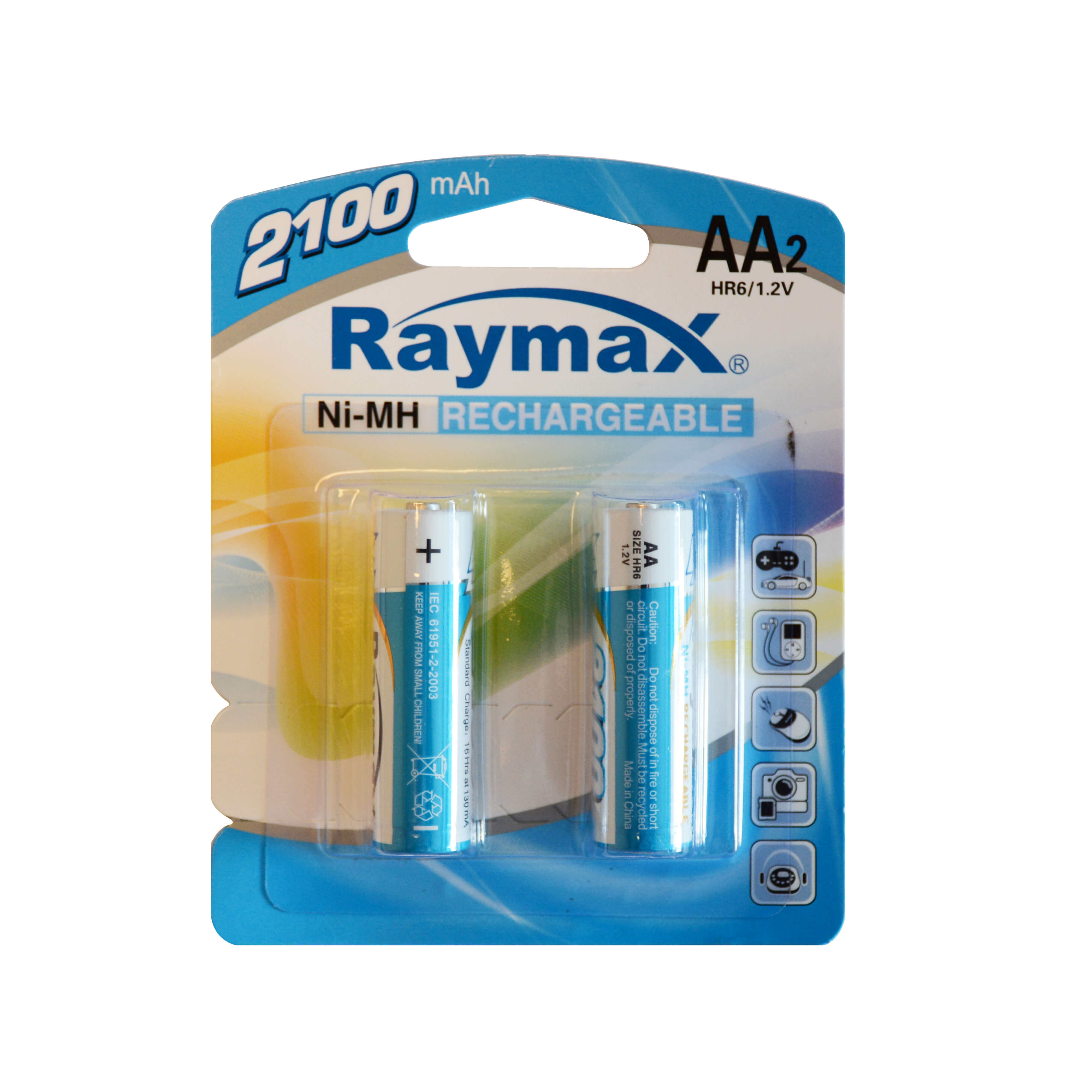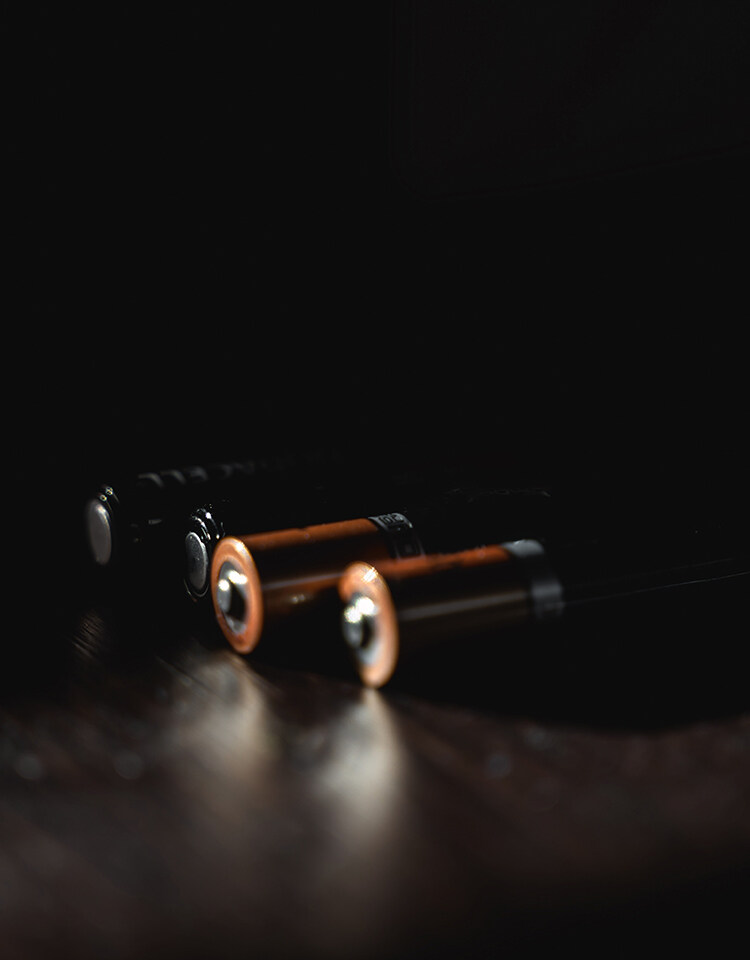Email format error
Email cannot be empty
Email already exists
6-20 characters(letters plus numbers only)
The password is inconsistent
Email format error
Email cannot be empty
Email does not exist
6-20 characters(letters plus numbers only)
The password is inconsistent

Alkaline battery & Button cell manufacturing process-News

Introduction to NiMH Batteries: Understanding Composition, Functionality, and Advantages
In today's rapidly evolving technological landscape, the role of rechargeable batteries has become indispensable. Among the various types available, Nickel Metal Hydride (NiMH) batteries stand out as a reliable and versatile option. This article aims to provide a comprehensive introduction to NiMH batteries, detailing their composition, functionality, advantages over other battery types, and future trends in battery technology.
I. Introduction
Rechargeable batteries have revolutionized consumer electronics, automotive applications, and renewable energy systems by offering sustainability and cost-effectiveness. NiMH batteries, in particular, have gained prominence for their robust performance and environmental benefits.
II. What are NiMH Batteries?
NiMH batteries are a type of rechargeable battery known for their high energy density and improved efficiency compared to traditional alkaline batteries. They are composed of a positive electrode made from nickel oxyhydroxide and a negative electrode typically employing a hydrogen-absorbing alloy. During the charging process, the nickel hydroxide undergoes oxidation at the positive electrode, while the hydrogen-absorbing alloy at the negative electrode absorbs hydrogen ions. This reversible electrochemical reaction enables NiMH batteries to store and release electrical energy efficiently.
III. How NiMH Batteries Work
The functioning of NiMH batteries revolves around their ability to store and release electrical energy through controlled chemical reactions. When connected to a charger, electrical current is applied to the battery, causing nickel hydroxide to undergo oxidation and release oxygen atoms. Simultaneously, the hydrogen-absorbing alloy absorbs hydrogen ions, converting them into hydrogen gas. During discharge, the stored chemical energy is converted back into electrical energy as the reverse reactions occur.

IV. Advantages of NiMH Batteries
NiMH batteries offer several advantages over other types of batteries:
- Higher Energy Density: NiMH batteries boast higher energy densities compared to traditional alkaline batteries, allowing them to store more energy in a smaller volume.
- Longer Life Cycles: With the ability to endure hundreds of charge-discharge cycles, NiMH batteries exhibit prolonged lifespan and reliability.
- Improved Shelf Life: NiMH batteries retain their charge for longer periods when not in use, making them ideal for devices requiring intermittent use.
- Environmental Friendliness: Unlike disposable batteries, NiMH batteries are rechargeable and reduce the environmental impact associated with battery disposal.
V. Comparison with Other Battery Types
When compared to traditional alkaline batteries, NiMH batteries offer significant advantages in terms of rechargeability, cost-effectiveness, and energy efficiency. While alkaline batteries are single-use and require frequent replacement, NiMH batteries can be recharged numerous times, reducing long-term costs and waste.
In contrast to Lithium-ion (Li-ion) batteries, which are renowned for their high energy density and lightweight properties, NiMH batteries excel in applications where cost-effectiveness and environmental considerations are paramount. Li-ion batteries, while more compact and offering higher energy densities, require careful management due to their sensitivity to overcharging and high temperatures.
VI. Future Trends and Innovations
The future of NiMH batteries is promising, with ongoing research and innovations focusing on enhancing performance, safety, and sustainability. Innovations in electrode materials and manufacturing processes aim to further improve energy densities and reduce production costs, making NiMH batteries even more competitive in the global market.
Potential applications for NiMH batteries extend beyond consumer electronics to include electric vehicles (EVs), where their robust performance and cost-effectiveness make them a viable alternative to Li-ion batteries. Additionally, advancements in renewable energy storage solutions are driving demand for NiMH batteries due to their ability to store large amounts of energy generated from solar and wind sources.
VII. Conclusion
In conclusion, NiMH batteries represent a pivotal advancement in battery technology, offering superior performance, reliability, and environmental sustainability compared to traditional alkaline batteries. With their higher energy densities, longer life cycles, and compatibility with a wide range of applications, NiMH batteries continue to play a crucial role in powering our increasingly connected and energy-efficient world.
As technology evolves and demand for sustainable energy solutions grows, NiMH batteries are poised to remain a key player in the global battery market. By understanding their composition, functionality, advantages, and future trends, consumers and industries alike can make informed decisions regarding their use and integration into various applications.
For those seeking dependable energy storage solutions that balance performance with environmental responsibility, NiMH batteries stand out as a reliable choice, paving the way for a greener and more efficient future.
This article has aimed to provide a thorough exploration of NiMH batteries, highlighting their benefits and potential in today's energy landscape. Whether powering everyday devices or facilitating large-scale energy storage projects, NiMH batteries exemplify innovation and sustainability in battery technology.

